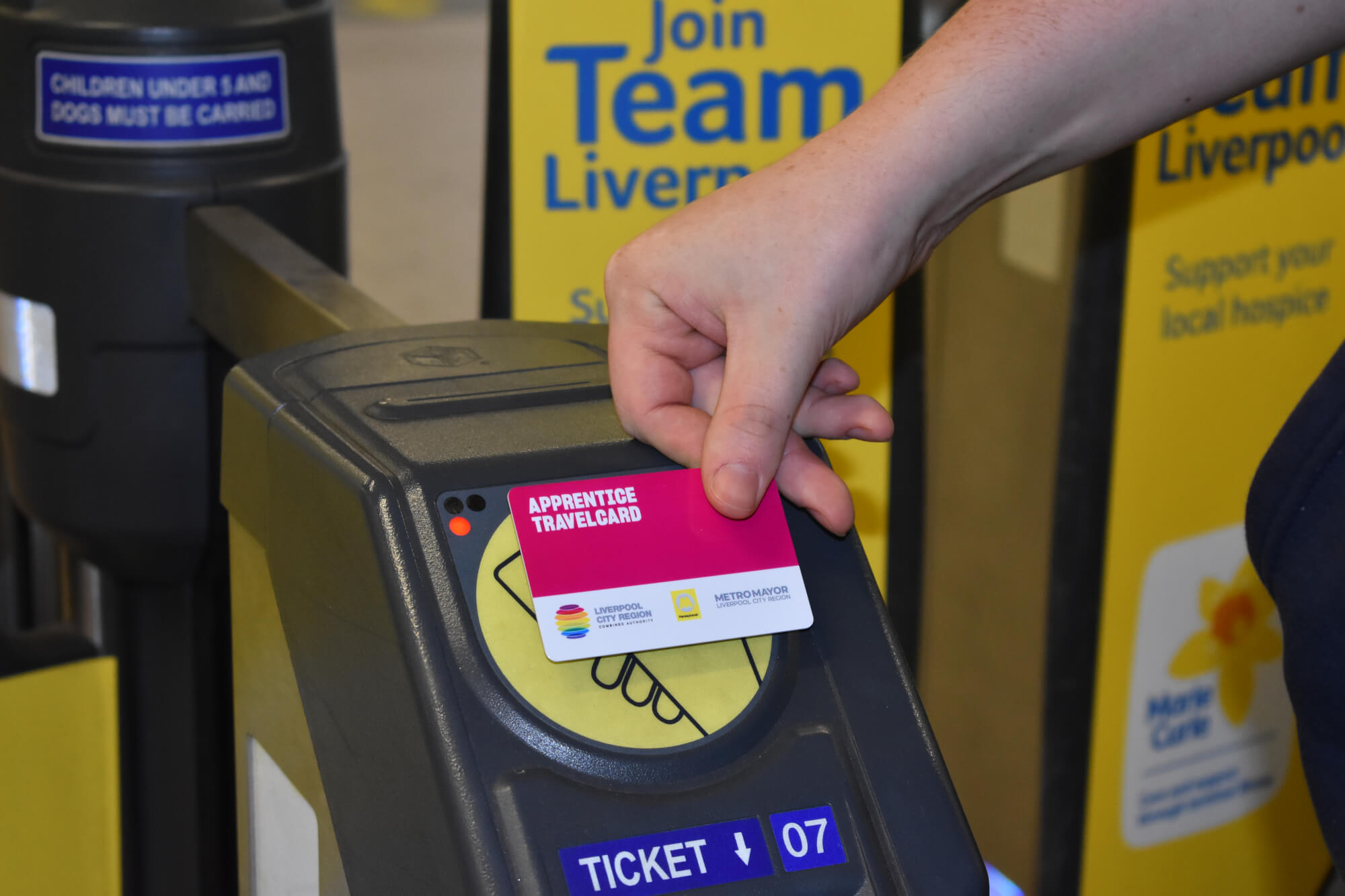APPRENTICES: SUPPORT WHEN YOU NEED IT

It’s important to remember that apprentices, like any employees, will have times when they need support, and this may be for various reasons.
There is no doubt that starting an apprenticeship is an exciting time. There are new skills to learn, knowledge to gain, and if you are a recent school leaver, a good chunk of your apprenticeship will be about getting used to the world of work.
It’s important to remember that apprentices, like any employees, will have times when they need support, and this may be for various reasons. It’s normal for life to have its ups and downs, so make sure you know who you can reach out to should you find yourself feeling overwhelmed by a problem.
As an employed member of staff, you may be able to access support available through your workplace. Some flexible companies offer financial support measures, such as loans or salary advances, as well as health support, including access to a counsellor. It is worth speaking to your manager or a member of the HR team.
There are also sources of assistance beyond what is available from your employer. Here are some ideas and information on where to turn, depending on the challenge you are facing. Worries and problems can affect your ability to do your job and succeed in your apprenticeship, so it’s essential to seek help early on.
Financial challenges
Apprentices, especially those just starting in the workforce, will probably not be earning a high salary. Which means they can sometimes find themselves facing financial difficulties. Here are some sources of financial assistance:
- If you are an apprentice aged 16 to 18 (or up to 25 with an education, health and care (EHC) plan or up to age 25 and have been in care), your employer may be able to access a bursary of £1000. This can be put towards your travel costs or other employment-related expenses you may incur. Please speak with your employer about this: they can verify the eligibility rules to determine if they can claim this bursary to support you.
- If you are aged 19 to 24 and on an apprenticeship in the Liverpool City Region, you can get an Apprenticeship Travel Card, which will help with your travel costs.
- The Access to Work [https://www.gov.uk/access-to-work] scheme provides financial assistance for apprentices with a mental or physical health condition. It can be used for things like travelling to work or making workplace adaptations.
- Apprentices aged 16 to 24 who have been, or are, in the care of their local authority can apply for a care-leavers bursary of £3000 payable in instalments. This money can be used to overcome any issues the apprentice is having in accessing or achieving their apprenticeship. Find out more about what other support is available to care-leavers.
Mentoring and guidance
All apprentices are assigned a workplace mentor [https://dev-bemore.awtg.net/news/the-importance-of-the-apprenticeship-mentor/]. This might be your line manager. However, it can be someone else in the organisation. A mentor will support you to settle into the job and help you understand the culture of the organisation and its ways of working. They are a good point of contact if you start to struggle with something. They may be able to assist you themselves or direct you to HR or another staff member who can provide further help.
Usually, any workplace challenges can be resolved quickly and with little fuss. However, if you are unable to resolve an issue, it’s worth speaking to your training provider, who may be able to help.
Assessment or training support
From time to time, you may find you are struggling with aspects of your apprenticeship training. Perhaps you’re finding it difficult to understand a particular topic. Or maybe you are falling behind with your assessments. Or it could even be something technical, such as not knowing how to navigate the online training platform and log off-the-job hours. For any training-related matters, please speak with your tutor. They are your first port of call and will help resolve any issues like this.
Another thing your tutor will be able to advise you on is how to manage the balance between work and training. Speak to them if you find that you are not getting enough time to complete your assessments. Additionally, your tutor will assist you in preparing for your End Point Assessment (EPA).
If you have a neurodiversity condition or suspect you may have one, speak to your apprenticeship training provider, who will be able to advise you on accessing support for this.
Health
Maintaining your physical and mental health is crucial. There are lots of things you can do to look after yourself, but if you find your health is suffering, it’s essential to seek help. For any physical health issues, contact your GP. If you are struggling with your mental health, you can also speak to your GP, who is trained to offer professional support and guidance. Otherwise, numerous community services are available, and Mind is a good starting point for any mental health issue.
Young parents
Apprentices with children can discuss flexible working arrangements with their employer.
The cost of living can be a significant burden, particularly for apprentices with lower incomes. Check with your local Job Centre Plus about entitlement to Universal Credit and other benefits.
Your local council may have a council tax scheme for people whose income is below a certain threshold.
Many working parents receive free childcare for up to 30 hours while their children are between 9 months and 4 years old. Additionally, check if you are eligible for a childcare grant.
Bumpy to smooth
Your apprenticeship is a route to acquiring skills and forging a career path. It’s a positive experience, but don’t be disheartened if there is an occasional bump in the road. You should now feel reassured that there’s a range of resources and support available to help things return to a smoother ride.